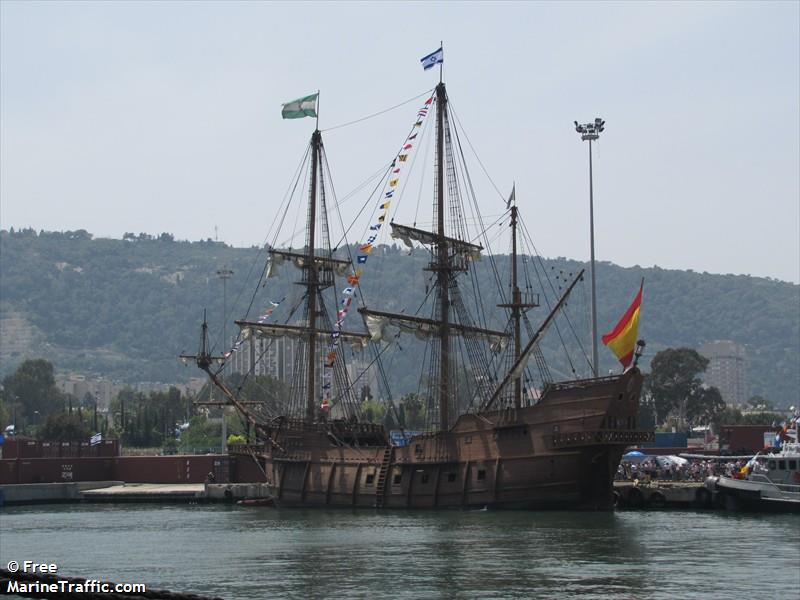Life can be more interesting if you're open to whatever comes along, spontaneous, go-with-the-flow. And I admit to having had more than my fair share of wonderful adventures that just dropped into my lap at various times in my life, just because I was in the right place at the right time and willing to take opportunities as they arose. Other times, though, it has helped us to have a bit of structure, a bit of a goal, else "leisure" can degenerate into "sloth." This was what seemed in danger of happening for us while we waited out hurricane season in a well-appointed marina in a quiet suburban area. There's only so many trashy novels you can read while hanging out at the pool. Our brains needed some stimulation.
I've written before about how viewing travel as a quest makes for a great way to frame and focus your experiences and serves as an interesting blog post writing prompt. The quests in my example ranged from profound ("searching for God") to profane ("searching for the best margarita in town.") So we started focusing our time in Jacksonville as a quest as well. We called it "M&M's" -- museums and microbreweries -- and planned to visit one of each, each week or two.
We've made more progress on the microbreweries than the museums, initially; having started with Hyperion Brewery during our first week. Our first museum was the "Museum of Southern History" in easy walking distance of the marina, which could as appropriately have been called "Museum of Civil War Artifacts and Stories from the Confederate Point of View." There were weapons, uniforms, flags, incredibly detailed dioramas of significant battles, and a huge library.
 |
| Incredibly detailed and well-researched battle diorama; this is one small part of one of them. Another great image is on the museum's web page. |
There were some examples of spin that left me pretty uncomfortable. At one point our conversation with the docent evolved to me asking, "If not for the war, do you think the Confederate states would have come around to freeing their enslaved people anyway?" And I was assured they would have, within fifty years or so anyway, for economic reasons if not moral ones. "Because slavery made no economic sense after the industrial revolution" ... the failure to mention as inconsequential, fifty additional years of human misery based solely on skin colour, just got to me. But I also learned some pretty cool stuff and great context. The numbers were staggering. About 900,000 soldiers served the South, and 25% of the men who were eligible to serve during the war died. My hairstylist friend, a lifelong Jacksonville resident and student of history, went even further and told me -- while she was giving me a cute short haircut -- that she doubted there was a family in the South that hadn't been affected, lost someone to the war. The docent talked also about the time after the war, the tremendous cultural cost to integrate three to four million suddenly-freed African-American people, illiterate and not quite able to function in the larger society. Certainly not our finest hour as a nation, and certainly, there are subtleties to the story of that era. I'm glad I went, I have more to learn ... but I'm still uneasy.
 |
| Admiral Raphael Semmes, whose career is portrayed in this case, was an extremely successful commerce raider. He had a reputation for treating both his crews and his captives very well. Interestingly, he was also a brigadier general in the Confederate Army. Army and Navy at the same time? Interesting. |
 |
| The museum also had an extensive library. The row of ivory-backed books above Dan's shoulder contain a roster of every person who served the Confederate cause. |




Interesting. We saw a little bit of that "slant" at Fort Sumter and a few historical plaques in downtown Charleston. I forget specifically, but I remember one said allegedly. I have never seen or have I seen since a historical plaque with the term allegedly.
ReplyDeleteNot sure I've seen "allegedly" on a plaque either. I admit that historical research can sometimes shed new light on things we thought we knew, but that's not what this felt like. It felt, as you said, like slant.
ReplyDelete